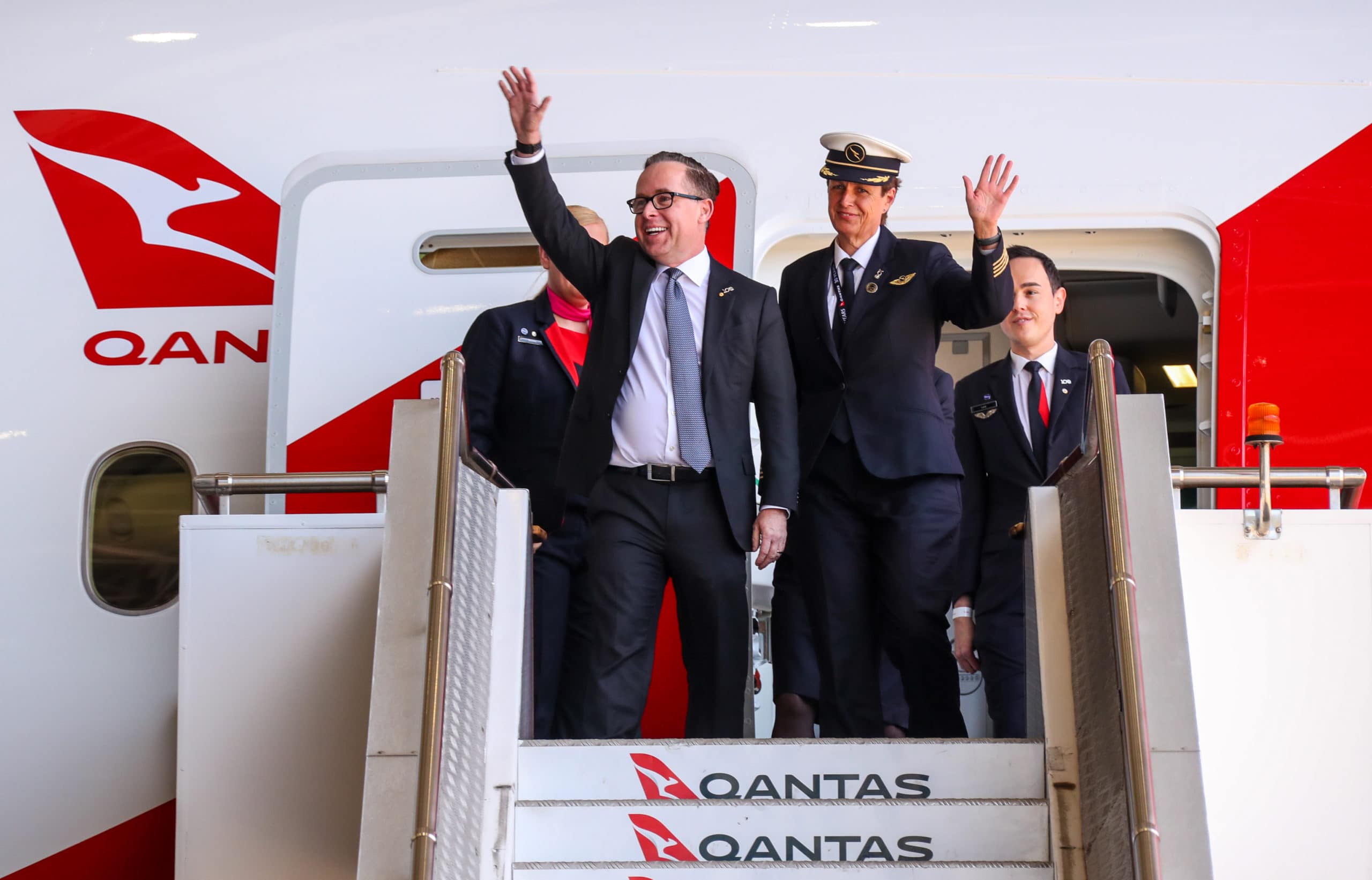Alan Joyce, the CEO of Qantas, is facing mounting challenges as he prepares to step down from his role. Recent court battles with Qantas employees over illegal sackings and a class-action lawsuit from customers seeking reimbursement of over half a billion dollars in flight credits.
Furthermore, Joyce recently found himself in the hot seat during a Senate hearing on Australia’s cost-of-living crisis. Lawmakers accused him of profiteering and contributing to the national inflation rate. This unexpected confrontation comes after Qantas received $2.7 billion in taxpayer support during the COVID-19 pandemic.
In response, Joyce argued that the best way for Qantas to repay the taxpayer support is by continuing to make profits and paying corporate taxes. However, it was revealed that Qantas has not paid any corporate taxes during Joyce’s 15-year tenure as CEO. In fact, the airline has received more in credits from the Australian Tax Office than it has paid in taxes, on top of the government support it received.
Tax strategy
This tax strategy was achieved by reporting losses, particularly in 2012 when Joyce’s decision to ground the airline resulted in substantial losses. Two years later, the airline reported more losses after a market share battle with Virgin. In both cases, the losses allowed Qantas to receive significant financial support.
The government’s support for Qantas during the pandemic has raised questions about equity stakes and the return on investment for taxpayers. While Joyce claimed that the airline was weeks away from insolvency, no equity stake was secured in return for the financial assistance.
Instead, Joyce oversaw the return of $1.5 billion to investors through share buybacks, increasing the Qantas share price and benefiting Qantas executives.
The question remains whether Qantas will pay back taxpayers for the support it received during the pandemic or continue on its path without any obligation.



 News3 days ago
News3 days ago


 News5 days ago
News5 days ago


 Leaders3 days ago
Leaders3 days ago


 Shows3 days ago
Shows3 days ago


 News3 days ago
News3 days ago


 Docos5 days ago
Docos5 days ago


 Leaders4 days ago
Leaders4 days ago


 Leaders4 days ago
Leaders4 days ago





